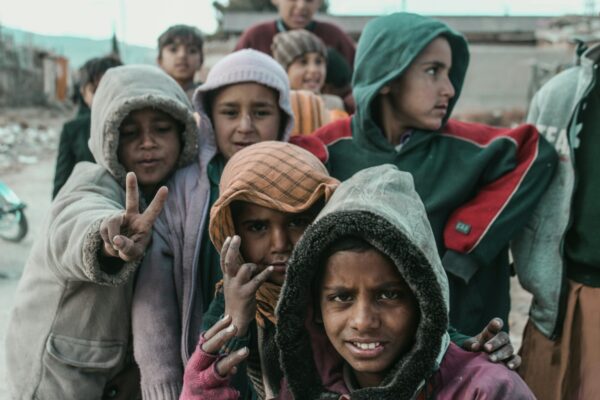Pakistan is flooded and is in urgent need of aid. However, the long-term solution to natural disasters in Pakistan could be policy changes.
Pakistan is flooded and is in urgent need of aid. However, the long-term solution to natural disasters in Pakistan could be policy changes.
The effects of climate change are undeniable, from summer temperatures making populated areas uninhabitable to glaciers melting at a substantial rate causing sea levels to rise, to forest fires raging around the globe. It is so bad that largely populated countries around the Arabian Sea may soon be uninhabitable and underwater.
These effects of climate change can be seen in the flooding that has taken place in Pakistan this monsoon season. With the flooding around the Balochistan province, more than 30 million people, about 15% of the population, have been affected. The flooding has killed thousands of people and left more than half a million homeless, and this does not begin to touch on the damage done to the infrastructure that will take time to repair and rebuild.
The flooding in Pakistan has destroyed critical infrastructure and has created access constraints for civilians and government officials working to reach affected populations. This aggravates preexisting climate and economic and public health crises, with women, girls, and other vulnerable groups bearing the brunt.
While Pakistan recovers from this latest round of flooding, future catastrophic damage could be mitigated with improved policies that protect against climate change and further ecological governance.
One of the first steps that could take place for Pakistan, with help from the international community, is to research and invest in more climate-resilient infrastructure and communities. Investments of these types would increase and improve data collection and advance planning, integrated flood management, and disaster management systems. Climate-resilient infrastructure could lead to more substantial river embankments, updated water infrastructure, more resilient building materials, and early warning systems, which would save lives.
Pakistan also needs to address the policies around deforestation and how to slow the rate at which areas are being clear-cut. Pakistan has a forestation deficit, with only 5% forested areas, compared with a global average of 31%. The country has experienced higher deforestation rates than average due to rampant forest fires and unregulated logging. Forestation is extremely important in slowing or stopping flooding; trees restrict sediment deposition and stabilize soil during extreme rain events. If policies are not implemented to slow or stop and reverse deforestation, Pakistan will become more susceptible to severe flooding.
Much like the rest of the world, Pakistan is also dealing with inflation; an aspect of this inflation comes in the form of inflated food prices. This current flood — which has taken 900,000 livestock and obliterated 80 to 90% of crops and over 4 million acres of farmland — coupled with the inflation issue is set to exacerbate the situation for millions already dealing with food insecurity. In fact, The United Nations is warning about the potential increased risk of mortality and severe acute malnutrition among newborns.
While the world community must come together to aid those in need in Pakistan that are dealing with food insecurity, governmental intervention in the form of policies can help address the issue of inflation. These policies can come in the form of monetary policy, which will increase the cost of borrowing and discourage spending; this leads to lower economic growth and inflation. Pakistan can tighten its fiscal policy, leading to lower growth and less demand-pull inflation. The Pakistani government can also adopt supply-side policies that aim to increase long-term competitiveness, and deregulation may help reduce business costs, leading to lower inflation.
Policy changes are a long-term solution to what is happening in Pakistan; what is needed now is aid from the international community and organizations like Zakat Foundation of America to help those affected by this devastating flooding. Help Pakistan flood victims here.





